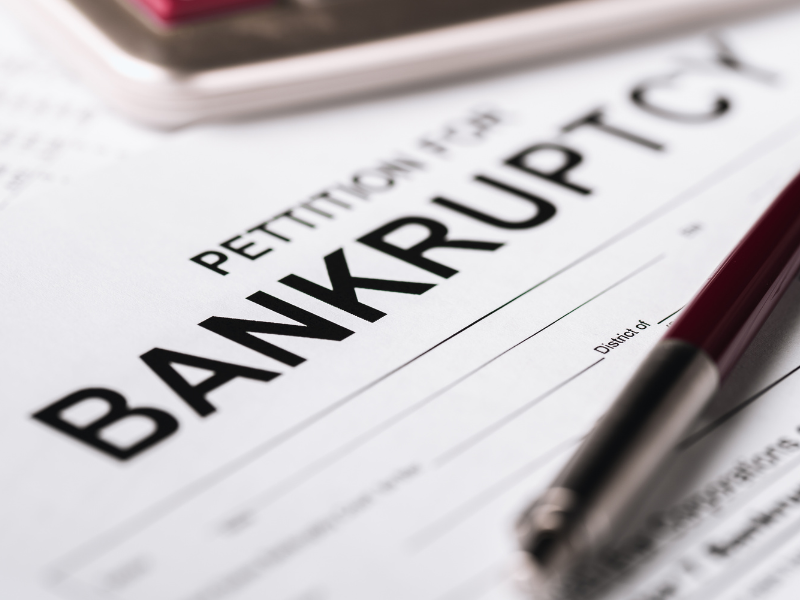Financial challenges can happen anytime for many reasons, like job loss and sickness. For a while, you may try to find workarounds. When you run out of ideas, consider bankruptcy. Bankruptcy is a legal option for keeping up with debts. It can alleviate a great deal of financial burden, but you must bear in mind the drawbacks down the road, like the impact on your credit rating. Let’s see The Benefits and the Downside of Declaring or Filing for Bankruptcy:
Uninformed people have all kinds of misconceptions about bankruptcy, like the individual handling their money poorly. Or, you may think you’ll never have credit again. Of course, both these examples are untrue.
At Voloshen Law, no one wants to file for bankruptcy, but having a lawyer in your corner is a great advantage. We can explain technicalities, help with paperwork, and provide guidance. There are two types of bankruptcies typically used by individuals: Chapter 7 and Chapter 13.
Chapter 7
In this form of bankruptcy, a person’s assets are liquidated (usually except for a house or car). The money raised then goes toward settling debts. Yours might be a no-asset case in which you don’t have to give up belongings. This type of bankruptcy remains on your record for up to 10 years.
Chapter 13
Chapter 13 sets up a payment plan over three to five years. This bankruptcy appears on your credit report for a shorter time – up to seven years.
There are qualifying factors in bankruptcy that depend on your asset’s values and your income. Chapter 7 requires a means test, another thing your lawyer can help with.

Filing for Bankruptcy – Do’s and Don’ts
If you’re facing heavy debt or foreclosure, DO look into bankruptcy. If there is a creditor you know you can continue paying, leave them out of the filing.
Refrain from being tempted to shift your assets. Doing so can hinder your ability to qualify. Also, avoid making more credit card purchases. Show due diligence in your current spending habits. Don’t try to repay any loans either. Your bankruptcy agreement sets forth percentages, and everything needs to be clearly stated. Make an honest list of your debt and income.
What to Expect
Upon filing, you receive an automatic stay. Creditors can no longer pursue you for debts until you are discharged of bankruptcy, and a payment plan is in place. You may also be legally cleared of responsibility for some of your debt. Our job at Voloshen Law is to review your debts thoroughly and endeavor to get as much of your debt wiped out as possible.
By the way, back taxes can be included in bankruptcy proceedings. If your income tax debt is over 3 years past, it may be discharged. And while it seems impossible, as bankruptcy removes debts, it could lower your credit utilization and improve your credit rating. It’s not always the case, but one can hope.
Filing for Bankruptcy – The Down Side
Bankruptcy is very complex. Some things you should be aware of. Student loans are exempt from bankruptcy, and they cannot be discharged. After bankruptcy, you may still have some debt, such as child support. Bankruptcy isn’t quick; it will take a couple of months to sort everything out.
You may need help renting in the future. If your job entails working with money, bankruptcy could alter what position you can continue having. And you’ll likely have struggled with future credit requests, leading to using co-signers whose credit rating can help lower the soaring interest rates.
In your best interest, contact our Voloshen Law team when filing for bankruptcy to ensure you have everything in place, as required. You may lose some valuable assets to repay creditors, but our agency does everything possible to protect your rights. You can use our online contact form for initial inquiries. We have two offices in Huntingdon Valley, PA, and Boca Raton, FL. Our number is 215-437-7854. Let us relieve some of your worries.
